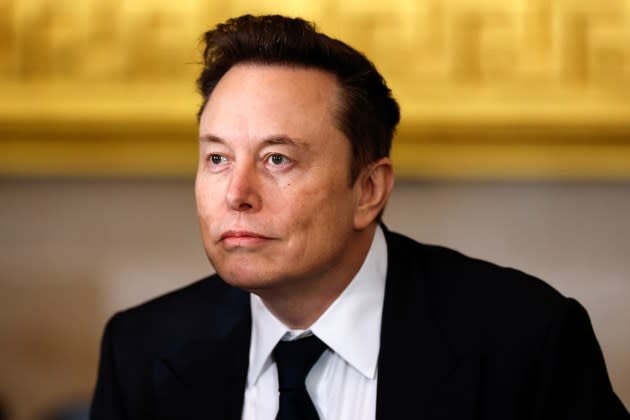
In a bold move that merges government efficiency with blockchain technology, Elon Musk's newly established Department of Government Efficiency (DOGE) has gained unprecedented access to U.S. Treasury payment systems, with plans to implement blockchain solutions for tracking federal spending.
The controversial development came after Treasury Secretary Scott Bessent approved access for Musk's team, led by Silicon Valley executive Tom Krause, to oversee Treasury payment functions that handle over $6 trillion annually in government transactions.
The DOGE department, established in late 2024, aims to streamline government operations and reduce federal expenses. Musk has publicly stated his goal of cutting spending by $4 billion per day, targeting an ambitious $1 trillion reduction in annual expenditures by fiscal year 2026.
Industry leaders have taken notice of DOGE's blockchain initiatives. Cardano founder Charles Hoskinson publicly offered his blockchain platform's services to support the department's mission of bringing transparency to government spending.
The move has sparked mixed reactions. Cryptocurrency enthusiasts view it as a potential watershed moment for blockchain adoption in government operations, while critics, including Senator Ron Wyden (D-Oregon), express concerns about political interference in critical payment systems.
The department's name holds special significance for Musk, who is known for his support of Dogecoin cryptocurrency. While DOGE officially stands for Department of Government Efficiency, the double meaning hasn't gone unnoticed by crypto markets.
The Treasury access approval coincided with the departure of senior career official David Lebryk, who had previously resisted granting system access to political operatives. Lebryk announced his retirement after being placed on administrative leave.
As the department moves forward with its efficiency mandate, questions remain about how blockchain technology will be integrated into existing Treasury systems and what role, if any, specific cryptocurrencies might play in future government operations.